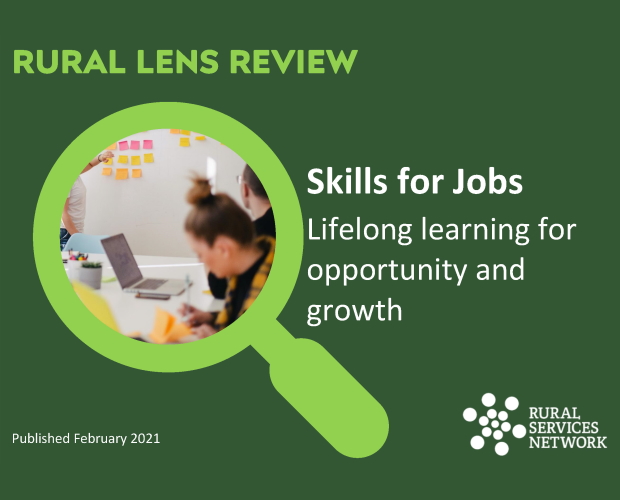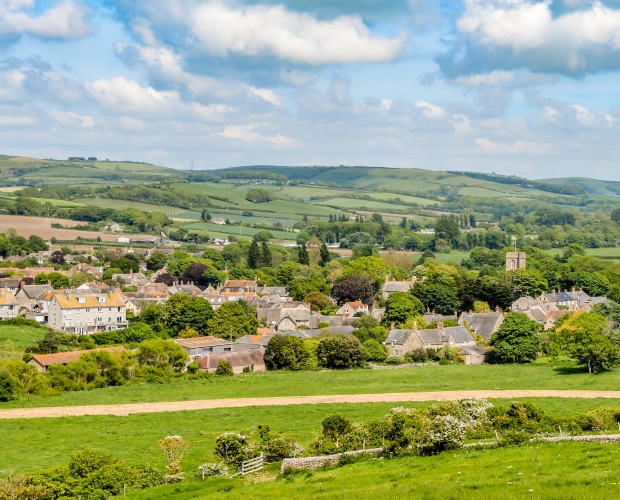T: 01822 851370 E: [email protected]
Visit RSN Survey about life in rural England to find out more.
An estimated 11 million adults now have the opportunity to gain a new qualification for free, designed to help them to gain in-demand skills and secure great jobs Almost 400 qualifications are available to take from today (1 April) - backed by...
In the latest of our ‘Through a Rural Lens’ analyses we have reviewed the Government’s recent White Paper “Skills for Jobs: lifelong learning for opportunity and growth” 'Rural’ does not appear to be mentioned anywhere in the document. Nor are...
The Government has put in place a range of measures, unprecedented in recent times and amounting to approaching £300 billion to address the impact of the pandemic. In its most recent announcements on ameliorating the impact of the pandemic the...
Analysis by the Labour Party reported in The New European has found that 320,000 jobs in rural communities are at risk if the Government persist with its ‘one-size-fits-all’ plan to withdraw the job retention scheme in October Research from the National...
Wales Online reports on claims that workers in rural areas are more at risk of losing their jobs because of the threat posed by the pandemic, as almost six million people in England's counties are working in ‘at risk’ jobs,...
Fresh analysis from the RSA, based on the latest furloughing data from the ONS and the jobs profile for each local authority, gives a new, up-to-date, robust and localised insight into which areas of Great Britain are set to be...
The chief executive of the Centre for Cities, Andrew Carter, argues in a piece in The MJ this week that the best way to protect high streets is to create well-paid jobs. He acknowledges Culture Secretary Nicky Morgan’s announcement earlier...
NEWSLETTER
Sign up to receive all our latest news and updates.
HOT TOPICS
Amid reduced public spending, fair resource allocation across regions is crucial. Despite a population larger than Greater London, rural areas receive significantly less funding for essential services, even though delivering these services in rural areas is more expensive.
Economic growth is widely acknowledged as essential for national wealth and prosperity and is a priority for political parties. Rural economies, employing millions and home to a higher proportion of small businesses, have potential for growth if barriers are removed.
Rural residents face distinct healthcare challenges, including limited access to transport, longer distances to medical facilities, an aging demographic, housing inadequacies, digital connectivity gaps, and difficulties recruiting health and care workers.
Rural communities are grappling with a severe affordable housing crisis, marked by high house prices, a lack of affordable housing, elevated living costs, and lower incomes, threatening their sustainability and vitality.
Transport is vital for the quality of life and economic health of rural areas, yet it faces challenges such as infrequent public bus services and less Government funding compared to urban regions.
Rural areas, encompassing a substantial portion of England's population and land, play a pivotal role in combating climate change and achieving the net zero target.
In an increasingly digital world, the lack of robust digital infrastructure in rural areas severely limits access to crucial services and stifles economic growth.
A future-focused vision for rural communities involves not just building the right homes in the right places but also ensuring thriving, sustainable communities.
SIGN UP TO OUR NEWSLETTER
Sign up to our newsletter to receive all the latest news and updates.










